|
Badgers undoubtedly have a hard time. There are still some disreputable types who would persecute them and find some inexplicable enjoyment in training dogs to fight, maim and kill them. Many badgers die on out roads, and I have yet to see evidence that recent attempts to cull them have had any effect on bovine TB!
For this reason, there is a need to keep survey data suitably vague, so that badger persecution is not encouraged. I was lucky enough to capture some badger activity recently on trail cameras set out relatively close to home. It is a great joy to be able to capture these marvelous creatures on film and the use of trail cameras is increasingly used as a survey tool to monitor activity and identify patterns in behaviour.
0 Comments
We are in difficult times with the unprecedented coronavirus pandemic imposing severe restrictions on individuals and businesses.
Huckle Ecology is a small business, and a single director-led company - in effect I am self-employed and currently ineligible for government support through the crisis. However, working from home is the norm for me and so I can carry on providing remote services from home without having to alter working office-based working practices. In relation for ecological surveys and site-based field work, I am pleased that The Chartered Institute of Ecology and Environmental Management (CIEEM) has published some excellent advice on undertaking field work while observing the restrictions imposed by the Coronavirus. While these specifically refer to ecology surveys, they are also likely to be applicable to other field work. Advice may change if travel restrictions become tighter for example, but at present this advice seems sensible. I will be reviewing the need for, and where I consider the risk of contracting or spreading the virus can be avoided, carrying on with field surveys for the immediate future. At all times, though, I will ensure that social distancing is maintained and to ensure that the safety of everyone is not compromised. This will involved not engaging in face to face meetings, and reducing the need for travel as far as possible. We all have families and friends who are vulnerable and we all have a role to play in reducing the effects of the virus on our society! If you have any queries about how the coronavirus may affect your project need ecological advice then please do not hesitate to get in touch on 07496255050 or [email protected]
If you rely on a general licence to kill birds covered by the three licences being revoked (GL04/05/06), then you may not be acting lawfully if you continue to control birds. Until then, anyone needing to control one of the 16 species will need to apply for an individual licence.
The key change is that there may be a greater need to demonstrate that there are no reasonable non-lethal alternatives as part of an individual licence. Further information can be obtained at the Natural England website: https://www.gov.uk/government/news/general-licences-for-bird-control-major-changes-to-licensing-requirements Eleven years of monitoring adder populations has provided evidence of what many ecologists have sensed for a long time - that one of our iconic reptiles, the adder is in serious decline. The study showed that 90% of adder populations were small and declining with only 10 having large populations that were healthy. Worryingly, there is a danger that in 10-20 years, the adder populations would become increasingly fragmented and isolated and this could lead to a serious risk of extinction.
Its good to recharge the batteries....It has been great to unwind a bit over the Christmas and New Year break!
The chance to spend some quality time with the family and get away from the constant chatter of social media and the email conveyor belt is easily overlooked. As the self-employed director of my own firm it is a really valued time of year. However, as an ecologist, it is hard to get away from the wonders of the natural world. One of the highlights of our Christmas was a few days in Cheshire with family, where we enjoyed some gorgeous crisp winter sunshine. The hawthorn is a marvellous feature of our hedgerows and scrub and at this time of year is still laden with a good crop of haws—the small, bitter but colourful fruit of the hawthorn bush. Hawthorn is probably the most common hedgerow species, planted in profusion and providing rich benefits to bird species throughout the autumn and winter months. Our resident thrush species are bolstered by fieldfares and redwings, the winter migrants that are a common sight in the fields around our villages.
Throughout September and October, reports were coming in of sightings of obviously sick or dead hares. This led to a series of articles in the press about the issue and a call for records to be submitted to help understand how widespread the issue might be.
For example the Eastern Daily Press and the Guardian both covered the worrying news. Research is being led by Dr Diana Bell of the UEA, who has been studying the impacts of diseases on rabbit populations, including myxomatosis and strains of hemorrhagic disease. Dr Bell and the Suffolk Wildlife Trust has asked for people to send photographs of any dead or diseased hare bodies along with the exact location. We are lucky in East Anglia to be home to a good population of brown hares and the sight of them is commonplace. They are larger than rabbits, with longer back legs and distinctive black tips to their ears. But brown hares have decline by over 80% in the past 100 years, with reasons such as agricultural intensification and persecution being key factors. The reports of disease is concerning and there is a need to understand what is happening. If you have seen a sick or dead hare, you can help by sending a photograph (including head and bottom!) to Dr Bell at the UEA--[email protected] . Alternatively feel free to call us on 07496 255050 or email us on [email protected] if you would like an informal chat about brown hares.
The last couple of months have seen a flurry of reptile surveys on proposed development sites across Norfolk, Suffolk and Essex. These surveys have included the use of artificial refuges (a mixture of roofing felt, roofing sheet and carpet tiles) deployed around potential development sites. These are then visited on repeat occasions and inspected for reptiles basking on the top of the refugia or sheltering underneath them. The key to these surveys is to be slow and stealthy in approaching them, as reptiles can vanish in a flash at the slightest movement or swish of clothing. Ironically, I have seen more reptiles recently on proposed sites where I have been undertaking habitat survey, and recorded reptiles as incidental records. These have included a couple of glimpses of common lizard (perhaps quickest to scamper away) and a few sightings of grass snakes, which although relatively common are my favourite of our common reptile species. 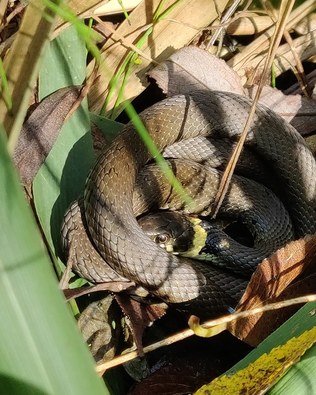 Grass snake, basking on tall herbaceous vegetation Grass snake, basking on tall herbaceous vegetation Reptile surveys are often required on potential development site as all reptiles in the UK benefit from legal protection. For the four common species (grass snake, adder, common lizard and slow worm) it is an offence to kill reptiles under the Wildlife and Countryside Act. Where a site supports a population, a reptile mitigation strategy can be developed to ensure that reasonable measures are put in place to prevent harm to reptiles and reduce the risk of an offence being committed. Such mitigation can include the implementation or reasonable avoidance measures (or RAMs) or potentially the translocation of reptiles to a receptor site. If you would like to know more about when surveys are required, feel free to get in touch via our Contacts page, or email Jon on [email protected] |
Jon HuckleThis is intended to host my articles on ecology, news about what I am up to, and general musings or ramblings about things that concern me.... Archives
February 2023
Categories
All
|
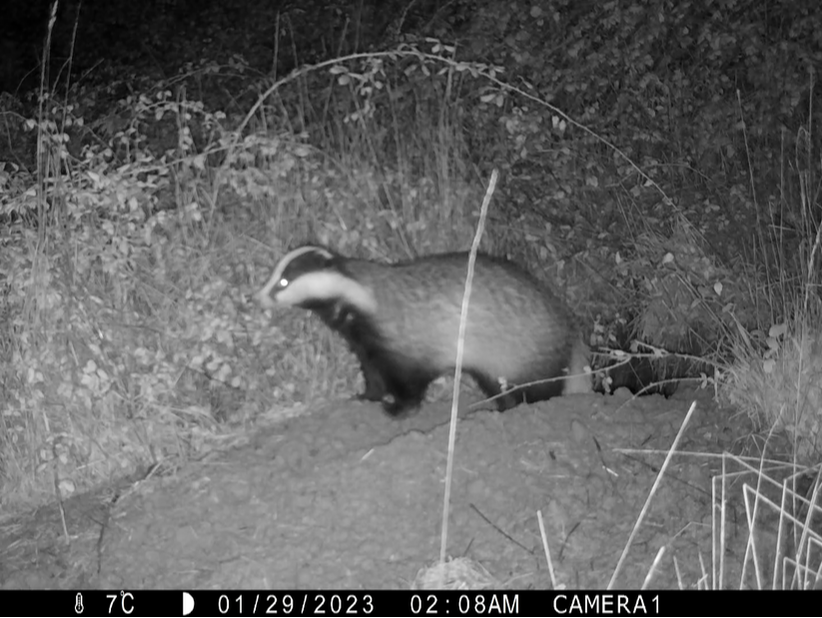
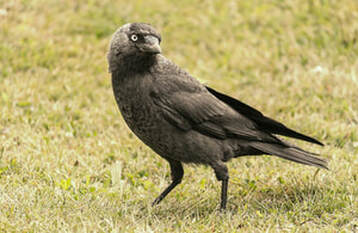
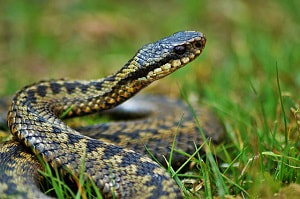
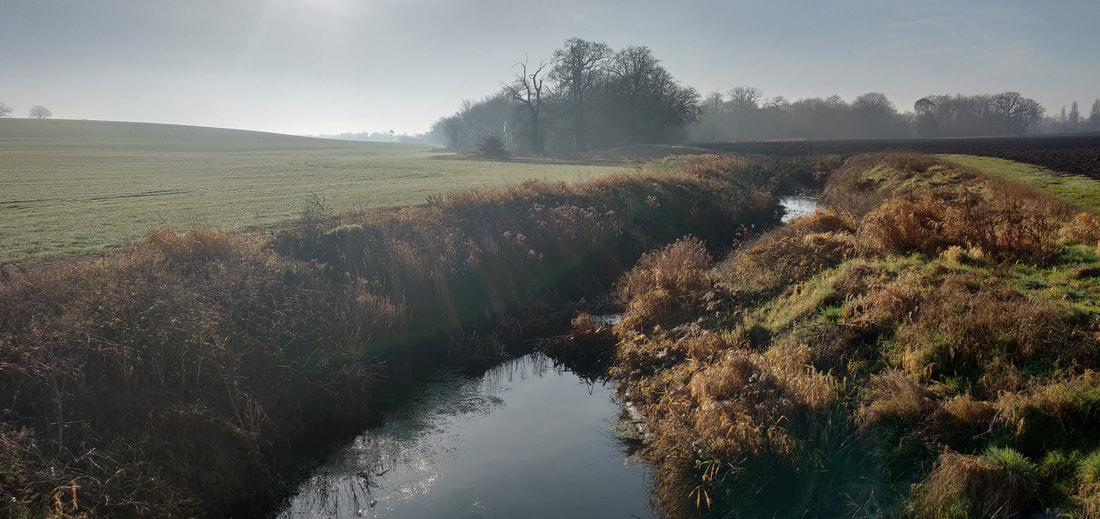
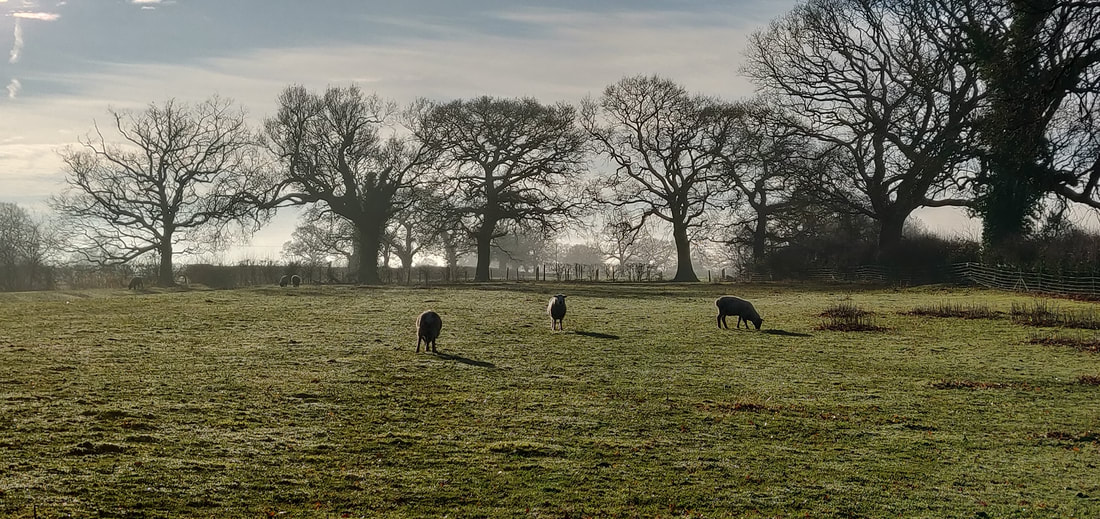
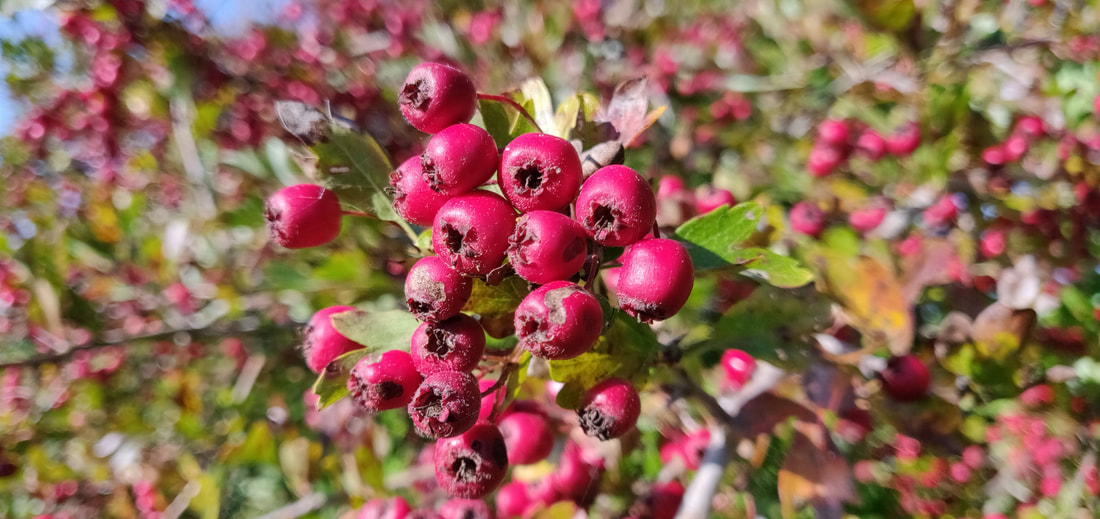
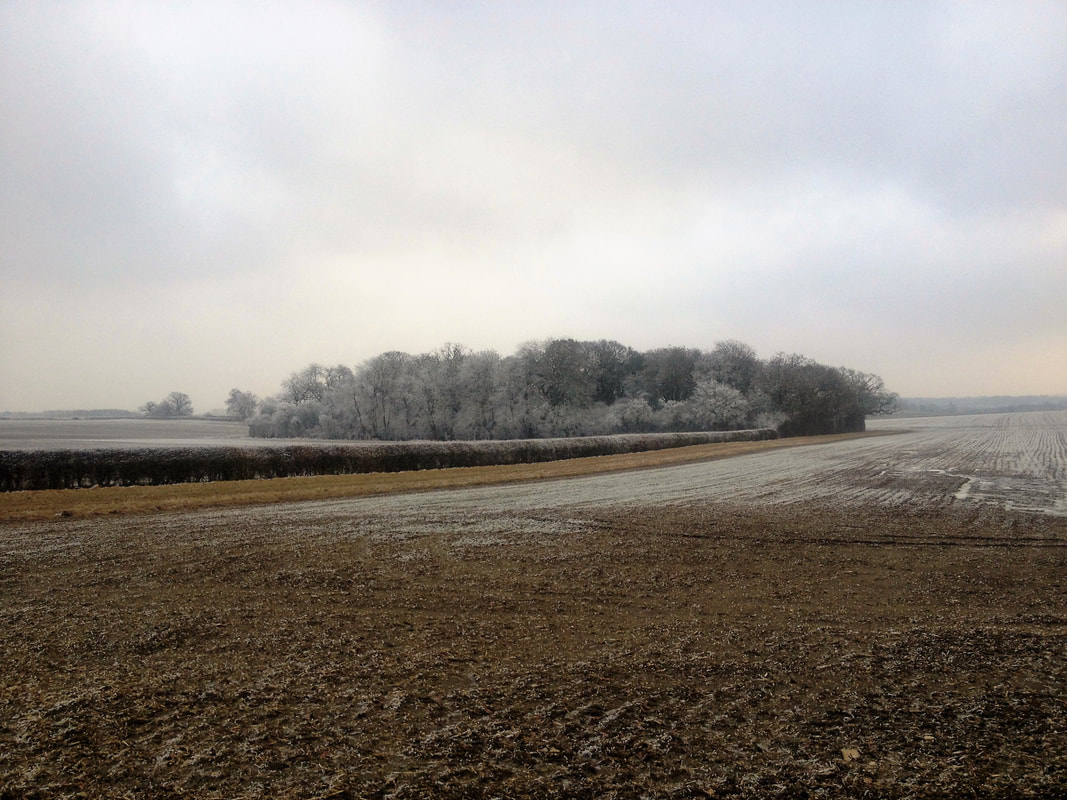
 RSS Feed
RSS Feed
